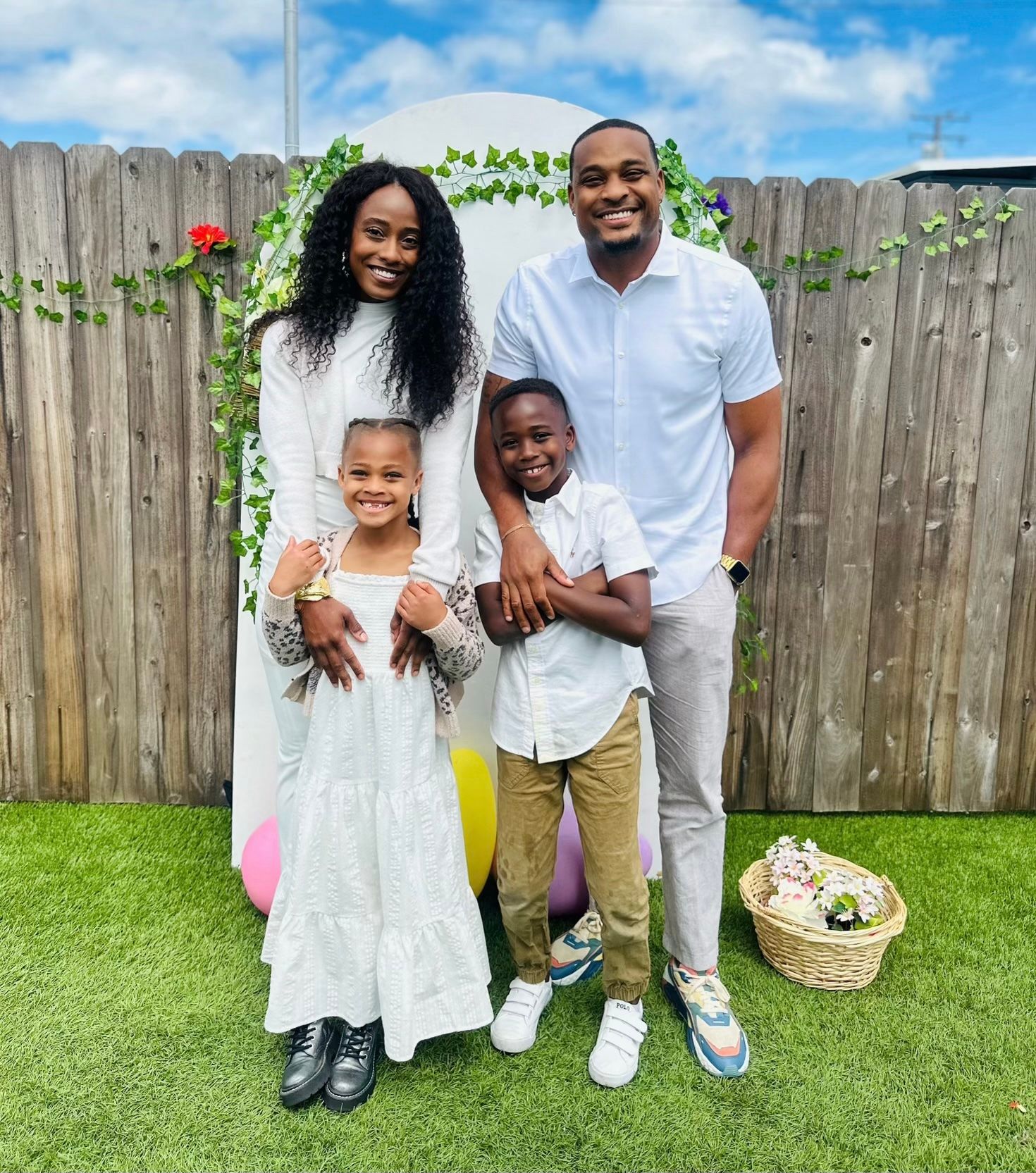If your partner is triggered, it’s foolish to think you’ll have a productive conversation that will bring you closer.
At our intensive group session, we learned that most of our relationship, we had been operating out of fear when love and connection were what we truly craved.
We had to stop reacting from that place of fear, created in childhood, and start connecting from a place of love.
Here’s what’s helping us to reconnect, even when we’re upset:
1. Pause to Acknowledge Your Emotions:
Before reacting, we take a step back. Instead of lashing out, I pause and label what I’m feeling: “I’m upset because I feel unheard.”
This moment of acknowledgment helps me avoid reactive behavior and makes connection easier.
2. Shift from Blame to Curiosity:
Instead of focusing on what each other did wrong, we’ve learned to get curious about the deeper issue. Ask yourself: “What is this really about?”
This inner reflection softens my stance and opens the door for more compassionate communication.
3. Create a Connection Ritual:
Before diving into the issue, I try a small gesture of connection—a hug, holding hands, or sitting together in silence. This calms the nervous system and reminds both of us that we’re on the same team.
4. Use a Soothing Phrase or Prayer:
When I’m too heated to talk, I say something like, “I want to understand you, but right now I need a moment to calm down.”
Faith is important here, so I say a quick prayer for patience and understanding—because the Lord knows my mouth!
5. Visualize the Connection:
I picture a bridge of love between me and my husband. It’s corny, but this mental image sometimes helps me shift my emotional state and reminds me that we’re still connected, even in conflict.
6. Remember: Connection Is an Act of Faith:
Sometimes, connecting in the heat of the moment feels impossible, but it’s an act of faith—in God, in love, in each other. As much as I sometimes want to isolate and avoid conflict, I’m exercising trust that staying connected through the conflict will bring us closer in the end.









